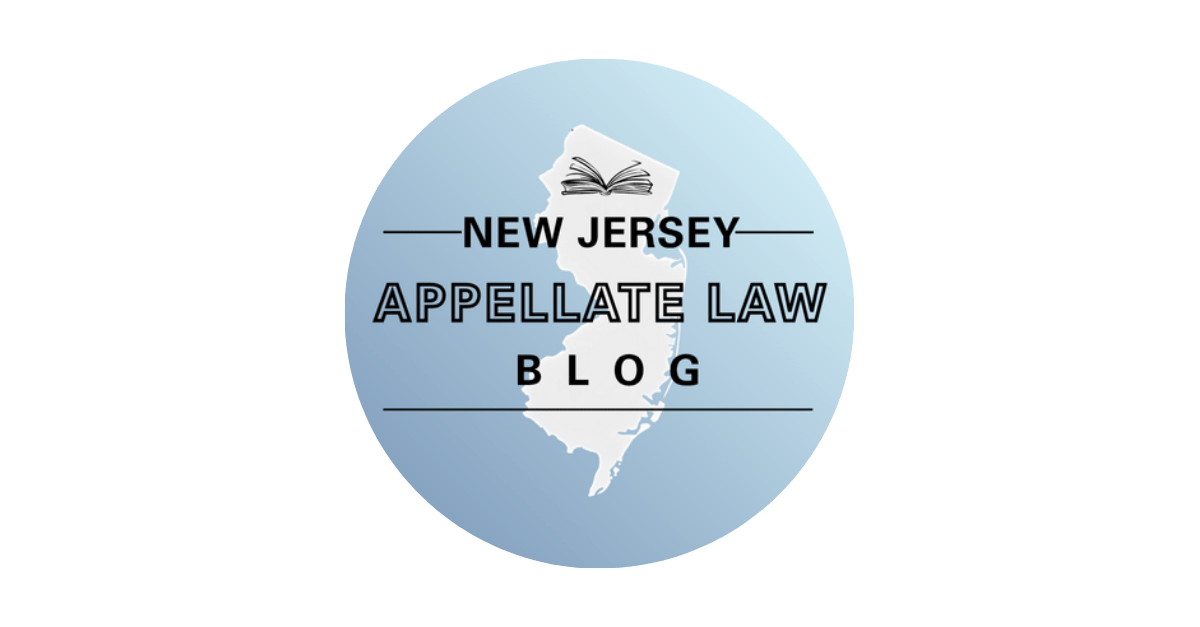The Supreme Court announced that it has granted certification in In the Matter of the Registration of K.M. The question presented, as phrased by the Supreme Court Clerk's office, is "Can conduct committed by a co-conspirator be used to determine a Megan's Law registrant's score on factor two (degree of contact) of the Registrant Risk Assessment Scale?" The Law Division gave a factor two score of zero, but the Appellate Division, in an unpublished per curiam opinion by a two-judge panel, reversed and remanded the case for further proceedings....
While this blog was on hiatus for much of January, the Appellate Division was in high gear, issuing thirteen published opinions. Here are summaries of some of those opinions:...
Continuing to catch up with our appellate courts' activities in the final three weeks of January, this post addresses two new grants of certification by the Supreme Court. One is a case under the New Jersey Tort Claims Act and the other is a criminal appeal....
The last two weeks have seen no Supreme Court opinions. But the Appellate Division published three opinions, two of them in the criminal realm and one civil appeal. Here are summaries, to close out 2025:...
The end of last week saw the issuance of one Supreme Court ruling and two published Appellate Division decisions. Two of those were in criminal appeals. The third involved the exclusion of an expert witness in a medical malpractice case....
As September turned to October, the Appellate Division issued its second and third published opinions of the Term. One was a decision by Judge Vinci in a civil appeal. The other ruling, in a criminal appeal, was authored by Judge Perez Friscia....
The Supreme Court announced that it has granted certification in two new cases. Both are criminal appeals. One is from a published opinion of the Appellate Division, while the other is from an unpublished per curiam decision by a three-judge panel....
The Supreme Court announced that it has granted review in four new cases. Two of them are criminal matters. The other two involve eminent domain issues. One of the criminal appeals is before the Court on leave to appeal, the second grant of leave to appeal in the current Term. The Court granted certification in the other three matters....
The Supreme Court announced that it has granted leave to appeal in State v. Caneiro, a quadruple homicide case. The question presented, as phrased by the Supreme Court Clerk's office, is "Under the circumstances presented, where defendant's house was on fire, was the warrantless seizure of evidence from the garage justified under the exigent circumstances exception to the warrant requirement?"...
As has been widely reported in the legal and popular press, after a series of procedural maneuvers to install Alina Habba as United States Attorney for the District of New Jersey, defendants in two criminal cases (United States v. Giraud and United States v. Pina) sought to disqualify her and to dismiss the indictments against them. On August 21, a specially assigned judge in the Middle District of Pennsylvania ruled that Habba did not properly hold that office but declined to dismiss the indictments....

